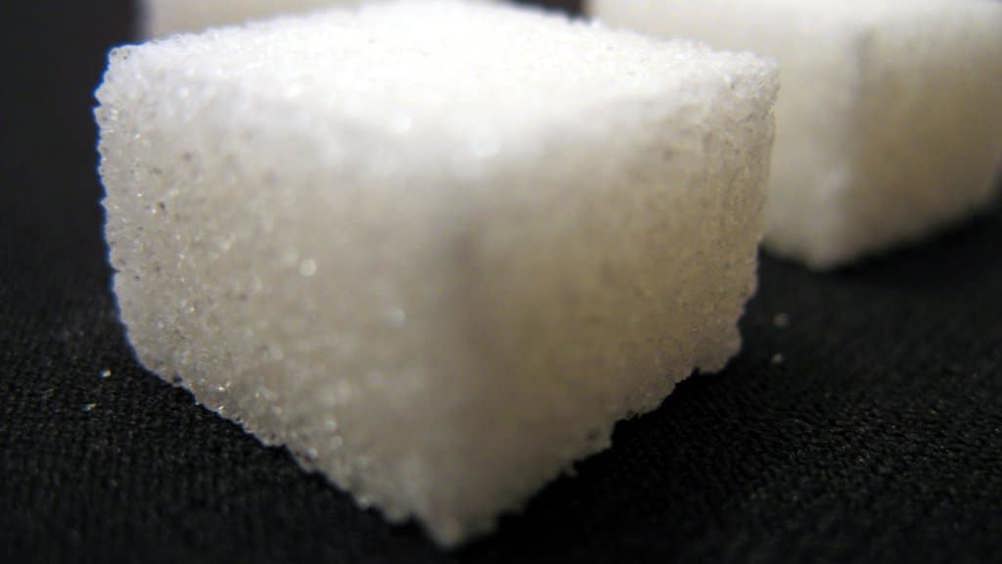Biorenewable nylon from yeast and sugar

Engineers from Iowa State University have developed a technique to create biorenewable nylon from sugar using a genetically modified strain of yeast and a form of hybrid catalysis.
The conversion process is described in the journal Angewandte Chemie International Edition. According to co-lead author Zengyi Shao, the process “opens the door to the production of a broad range of compounds not accessible from the petrochemical industry.”
Shao, working in tandem with fellow Iowa State assistant professor of chemical and biological engineering Jean-Philippe Tessonnier, led the group that created the genetically engineered yeast. This yeast was used to ferment glucose into muconic acid and helped to improve the acid’s yield.
Tessonier’s group then introduced lead as a metal catalyst and applied a small voltage, producing 3-hexenedioic acid. Following a simple separation and polymerisation of this substance, the researchers were left with biobased, unsaturated nylon-6,6. Unlike similar processes, this new technique is carried out at room temperature, and does not rely on precious elements such as palladium and platinum.
Register now to continue reading
Thanks for visiting The Engineer. You’ve now reached your monthly limit of news stories. Register for free to unlock unlimited access to all of our news coverage, as well as premium content including opinion, in-depth features and special reports.
Benefits of registering
-
In-depth insights and coverage of key emerging trends
-
Unrestricted access to special reports throughout the year
-
Daily technology news delivered straight to your inbox










Fusion inches closer as ITER completes magnet system
I believe the purpose of ITER isn't to make usable power, it is a research project which will be used to design the first generation of actual...